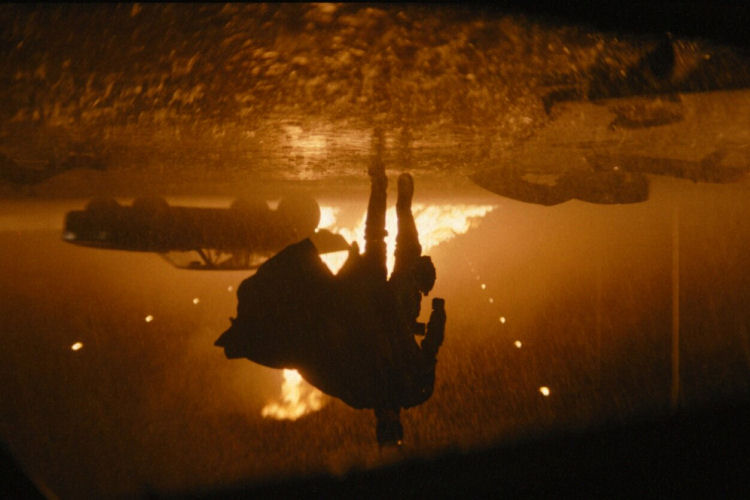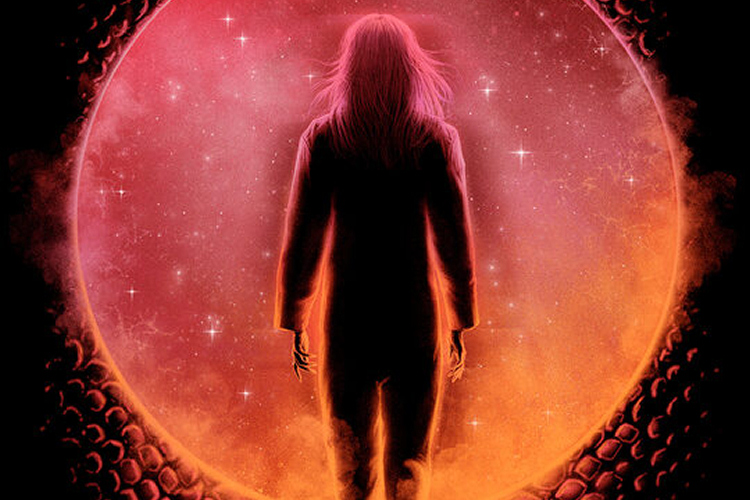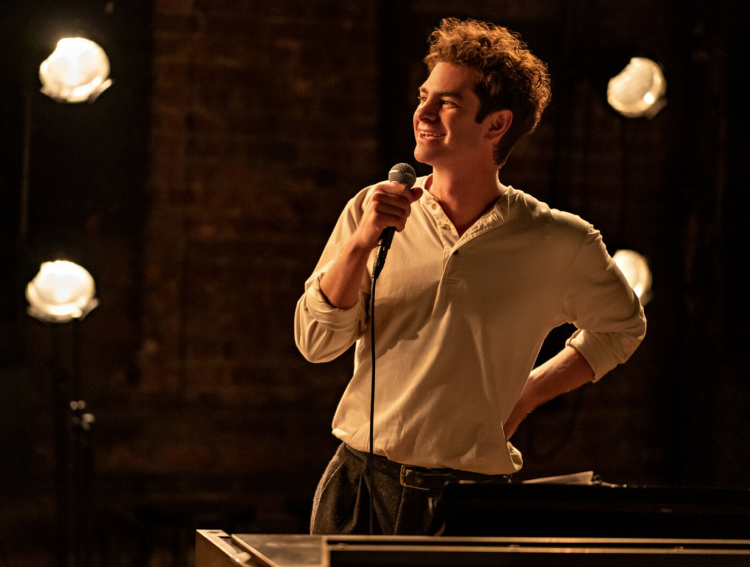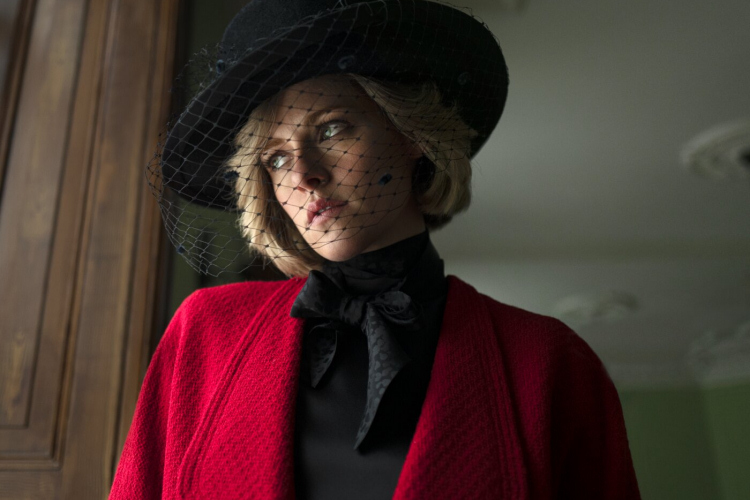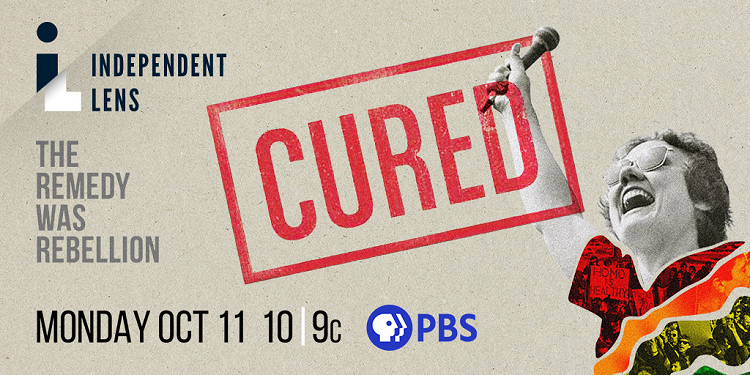In his feature-film debut, veteran and director Kyle Hausmann-Stokes brings his experiences to the screen focusing on the ignored middle of what happens when a soldier comes home. With My Dead Friend Zoe, veteran of the war in Afghanistan Merit (Sonequa Martin-Green) struggles to pick up the pieces of her life. Tasked with attending VA therapy sessions led by Dr Cole (Morgan Freeman), she's accompanied by the passing of her friend and fellow veteran Zoe (Natalie Morales).
In the beginning, Zoe appears to go along for the ride supporting Merit's efforts to evade opening up – they both hold onto a vague shared belief that therapy won't resolve anything, it'll only force them to admit to weaknesses. Their initial interactions light up the screen like a roadtrip buddy-comedy, where Martin-Green and Morales' chemistry truly shines – creating a transcending joy and closeness of comrades having endured an experience only their characters understand.
As we spent more time with them, Zoe ultimately lingers not only in the present-day, but also in Merit's flashbacks, becoming an encompassing reminder of what happened and what could've been. The story slowly shifts once Merit takes bigger risks tending to other elements of her life that are falling apart - taking care of her elderly grandfather who is also a veteran (played by the incomparable Ed Harris), and romantic interest with Utkarsh Ambudkar's compassionate Alex, a worker at a retirement home. The loving yet hurt first impression of Zoe gives way to Merit's self-doubt and criticism for having survived, and by starting over, any chance of redemption or forgiveness.
While the film's core nature is a mix of comedy and drama, one element of mystery remains elusive throughout the film – how Zoe passed away. It unfolds in sporadic acts from beginning to end, running parallel to Merit's progress – the more she is able to talk and share, the more it might bring them the peace they need. Her PTSD respectfully comes and goes as she finds herself ready to speak up, each flashback or a series of conflicting feelings in her environment connects the puzzle pieces together. Some might find the script befuddling, or frustrating, by the revolving door of questioning what happened between Merit and Zoe, standing out more as a pacing issue between the supporting plot lines. However, when the revelation is fully unveiled, it's less to shock and awe audiences, and leans more to offering both the characters and off-screen veterans watching some much-needed grace.
Given all the moving pieces of Merit's journey, My Dead Friend Zoe could've easily fallen into saccharine territory, fraying at the edges of handling an-all star ensemble and what is emotionally at stake with kid gloves. Despite the film's R rating (mostly for language), the film refreshingly doesn't delve into overt-levity or gratuitous violence to portray the heft of a returning soldier's experiences. Having been inspired by his background as a U.S. infantry paratrooper and delivering a moving tribute to his peers, Hausmann-Stokes delegates the impact of his and many others' poignant story with heart and humor. The film itself becomes a moving extension of showing how therapy and opening up is the first step in healing, and there are those who understand even when it's impossible to pinpoint the pain.








